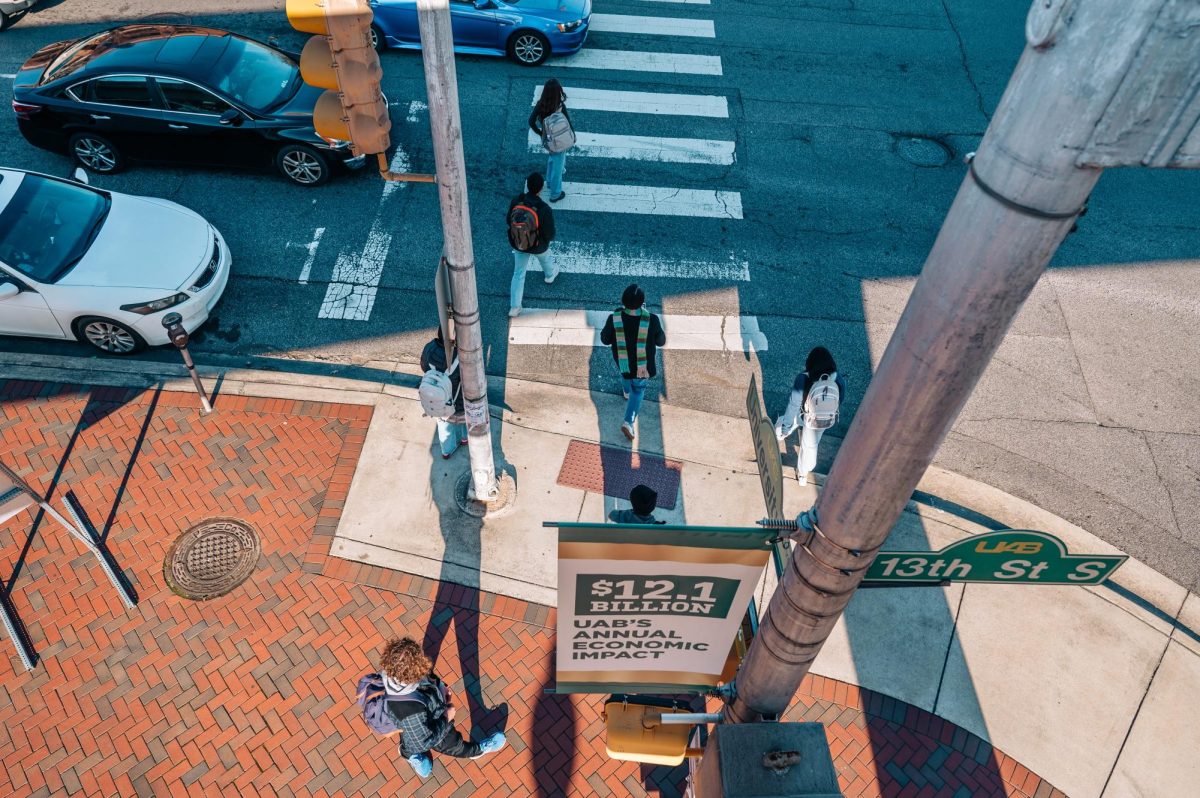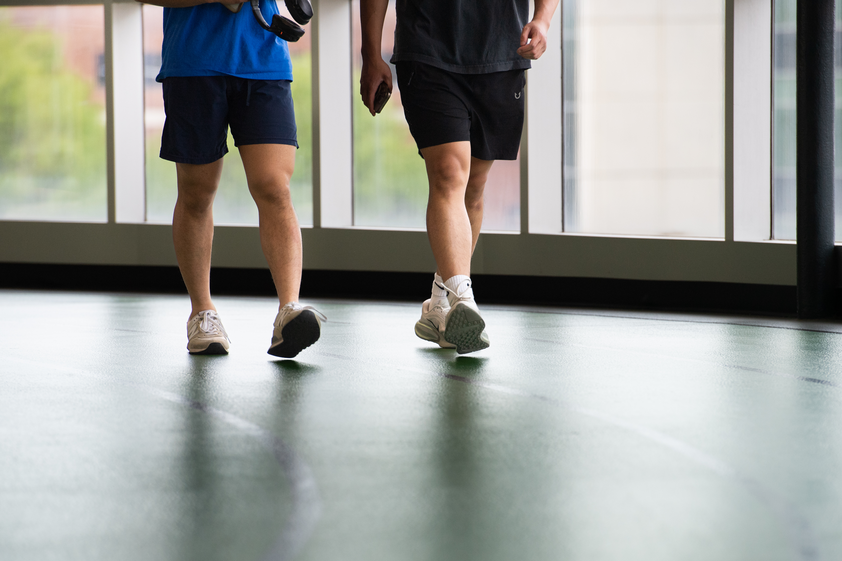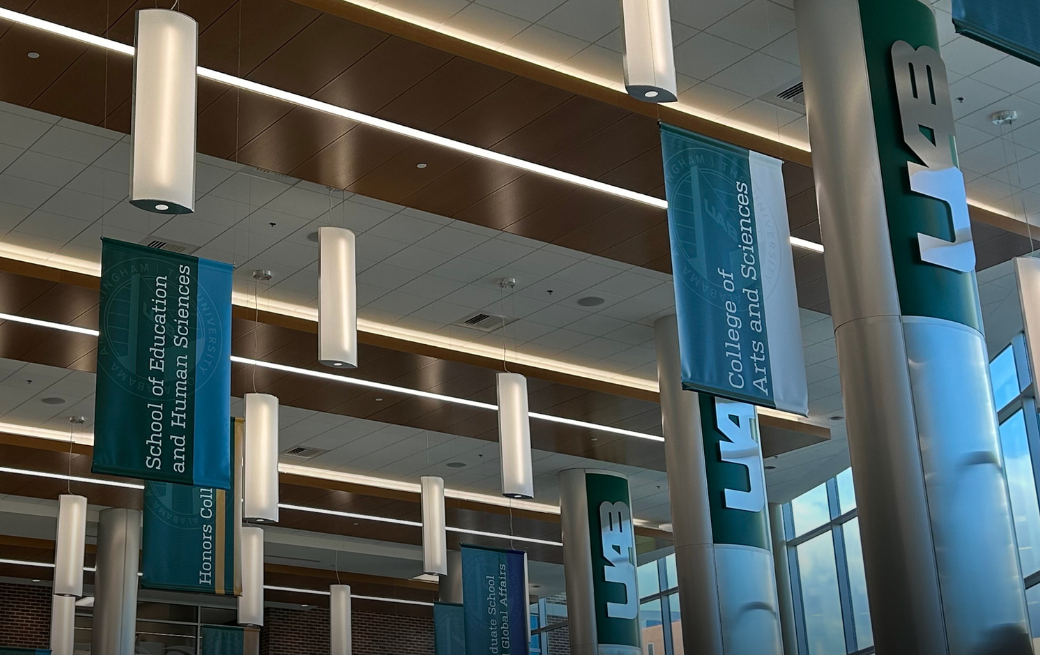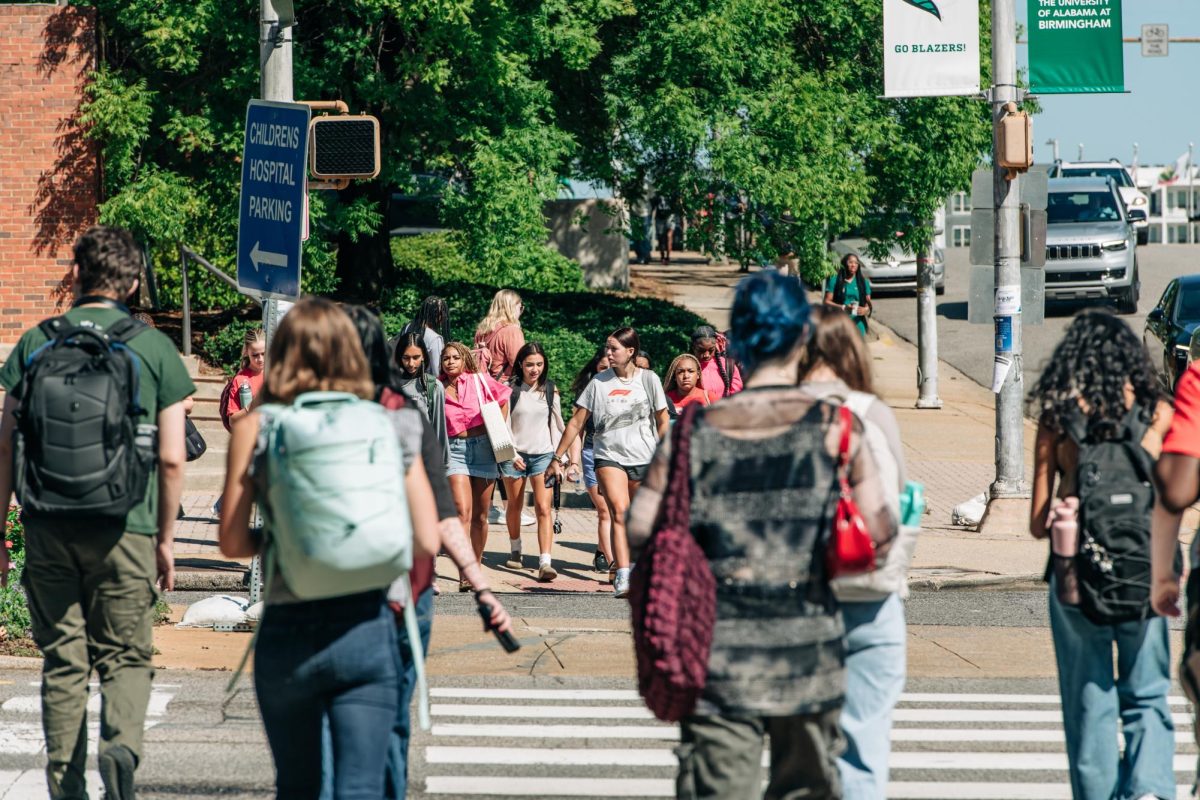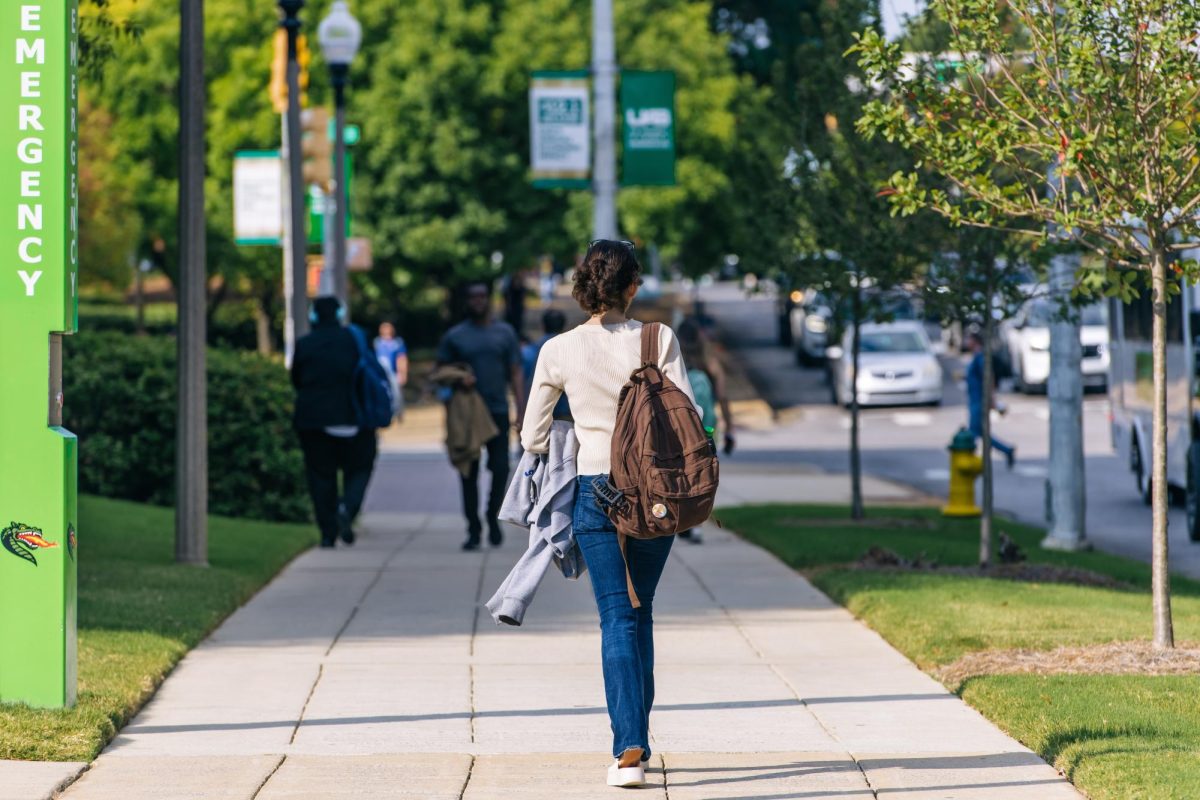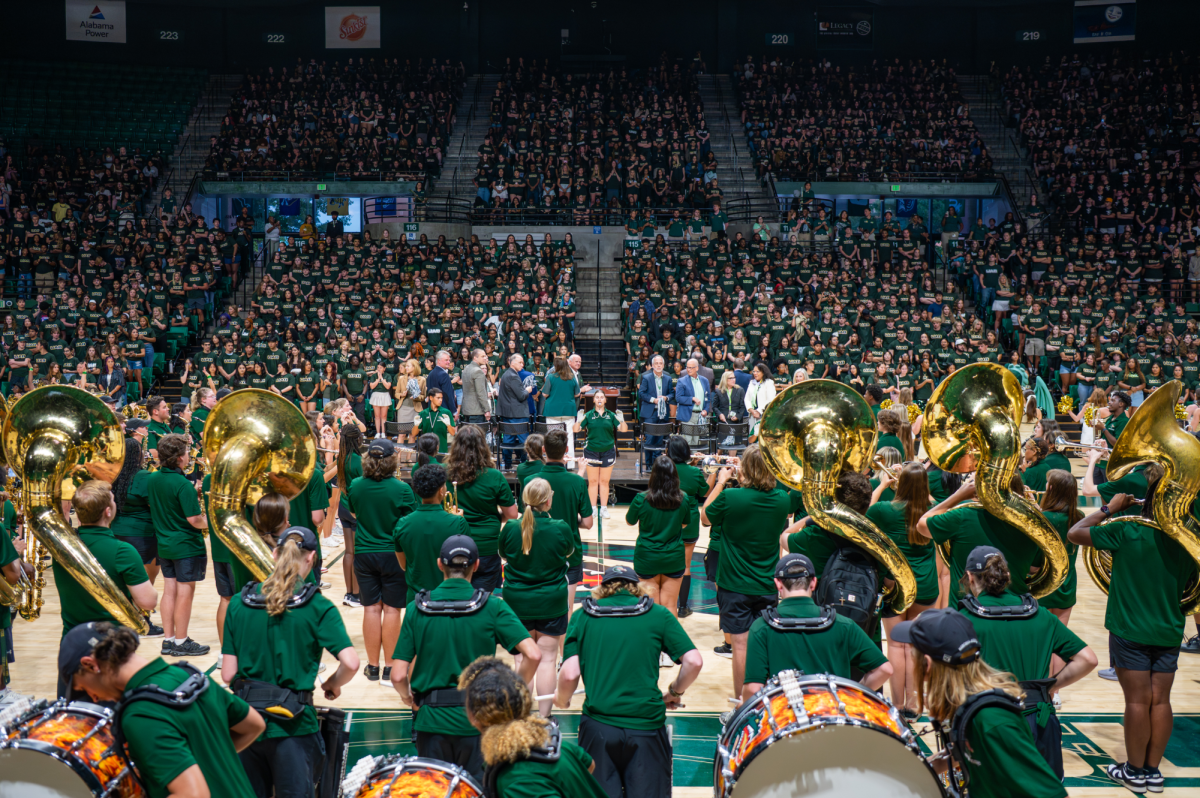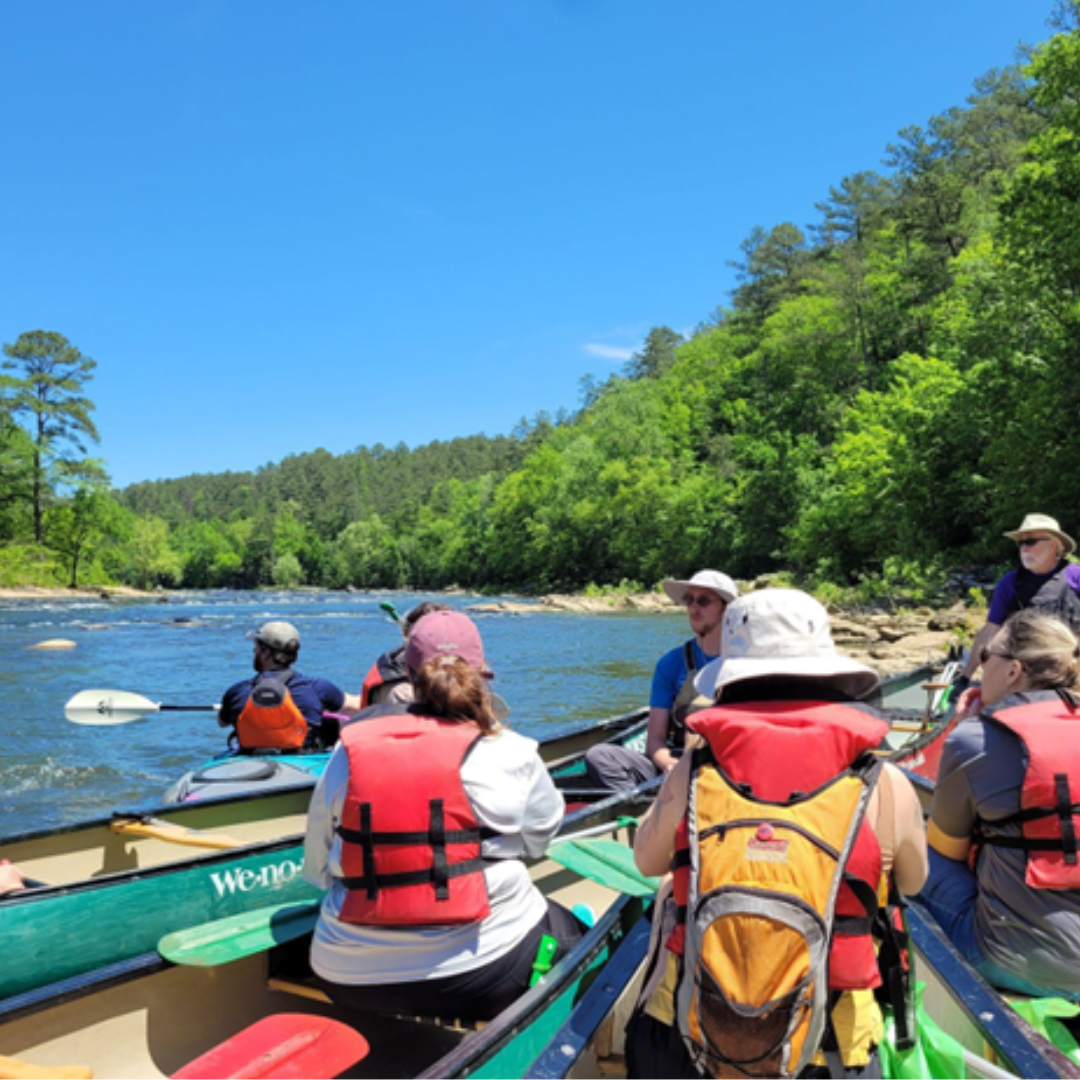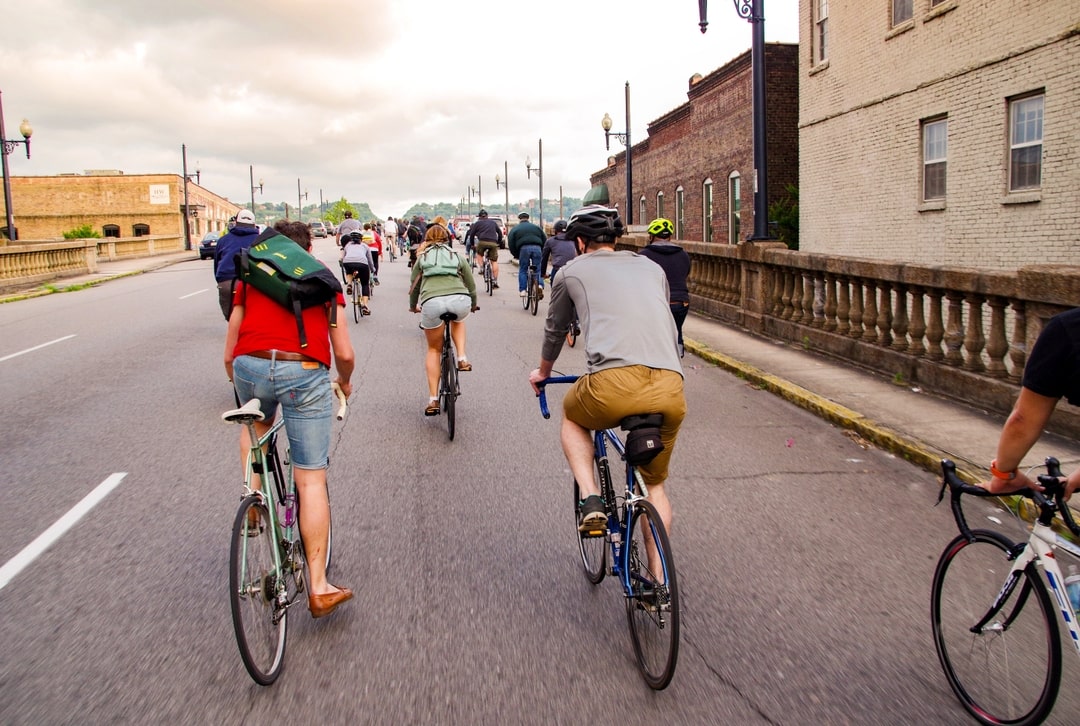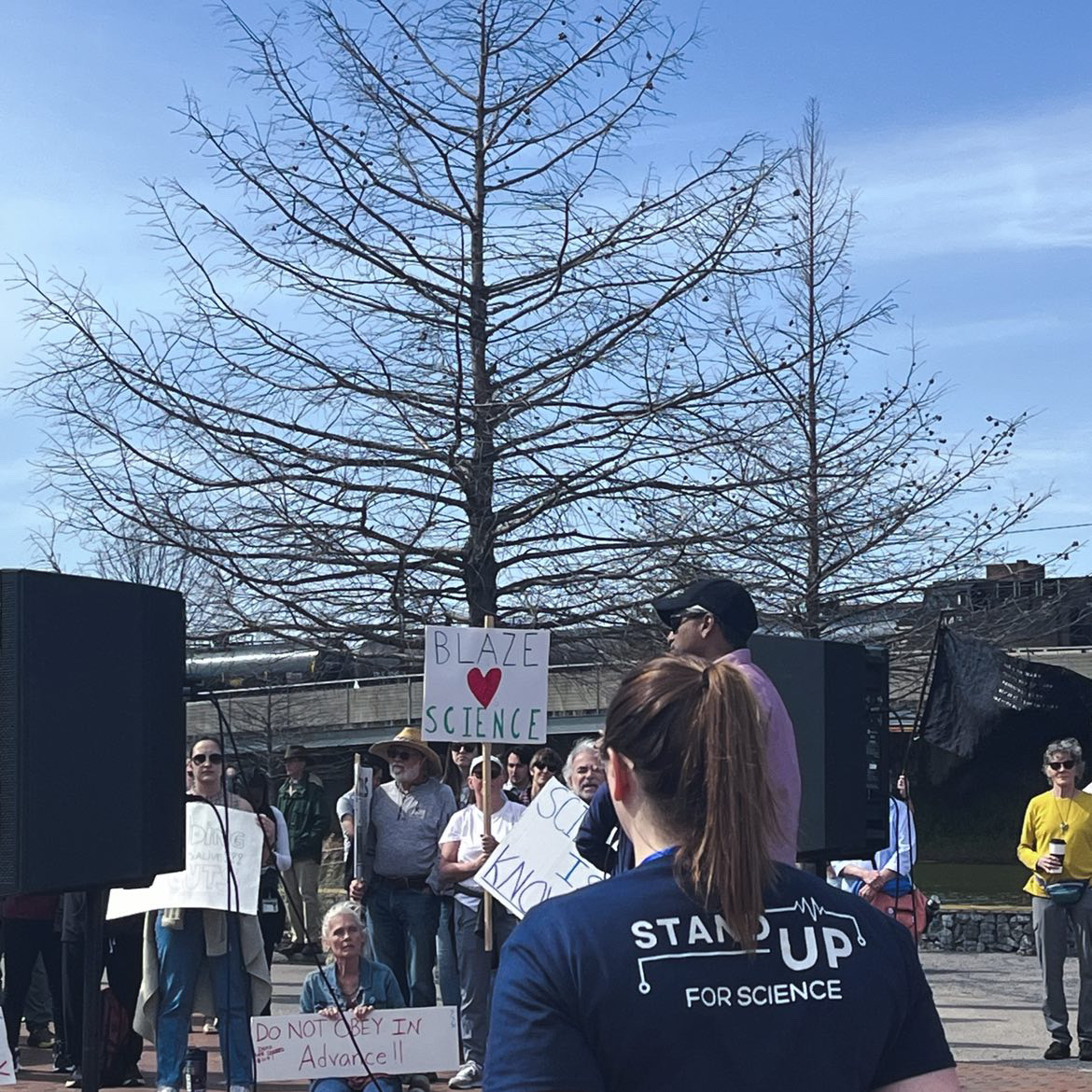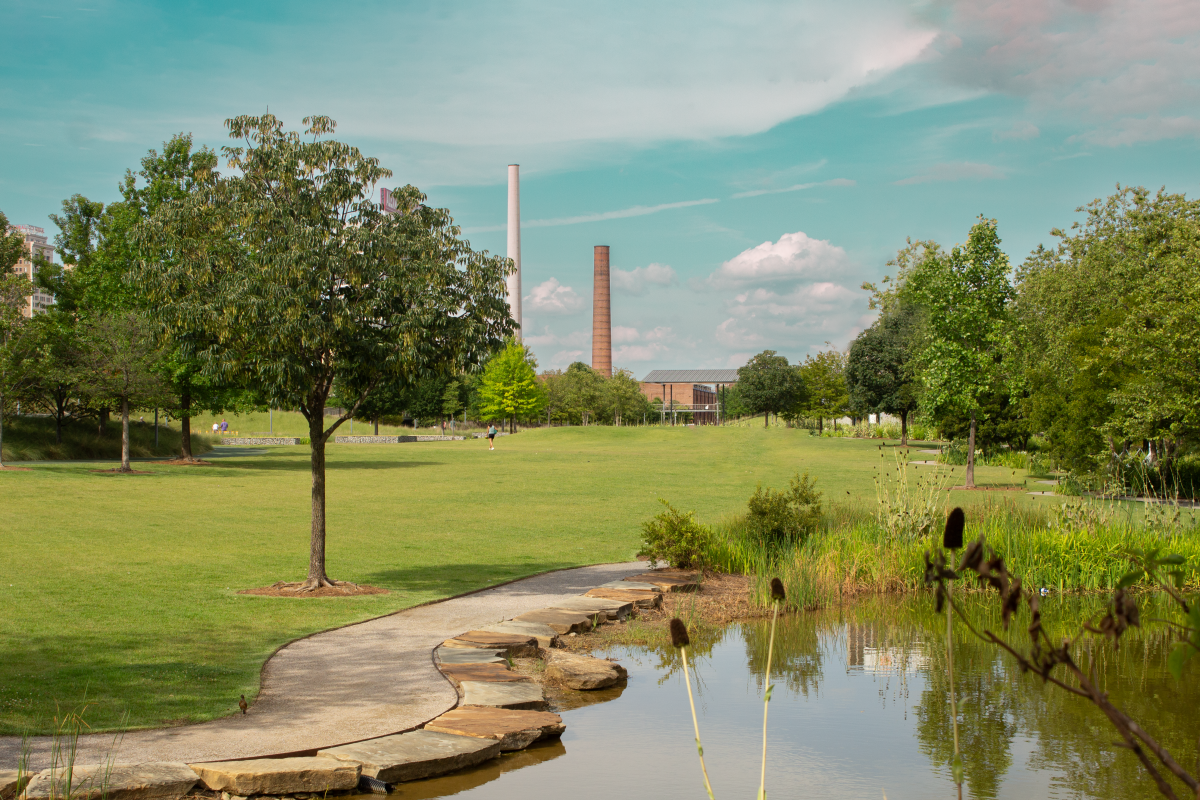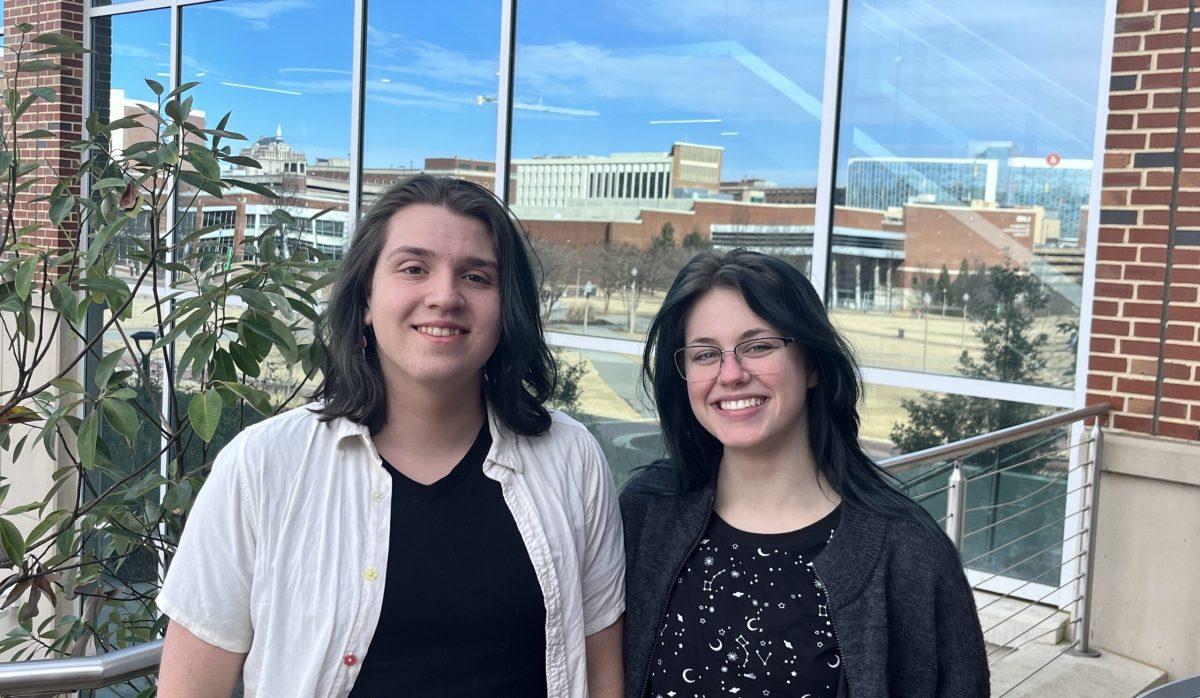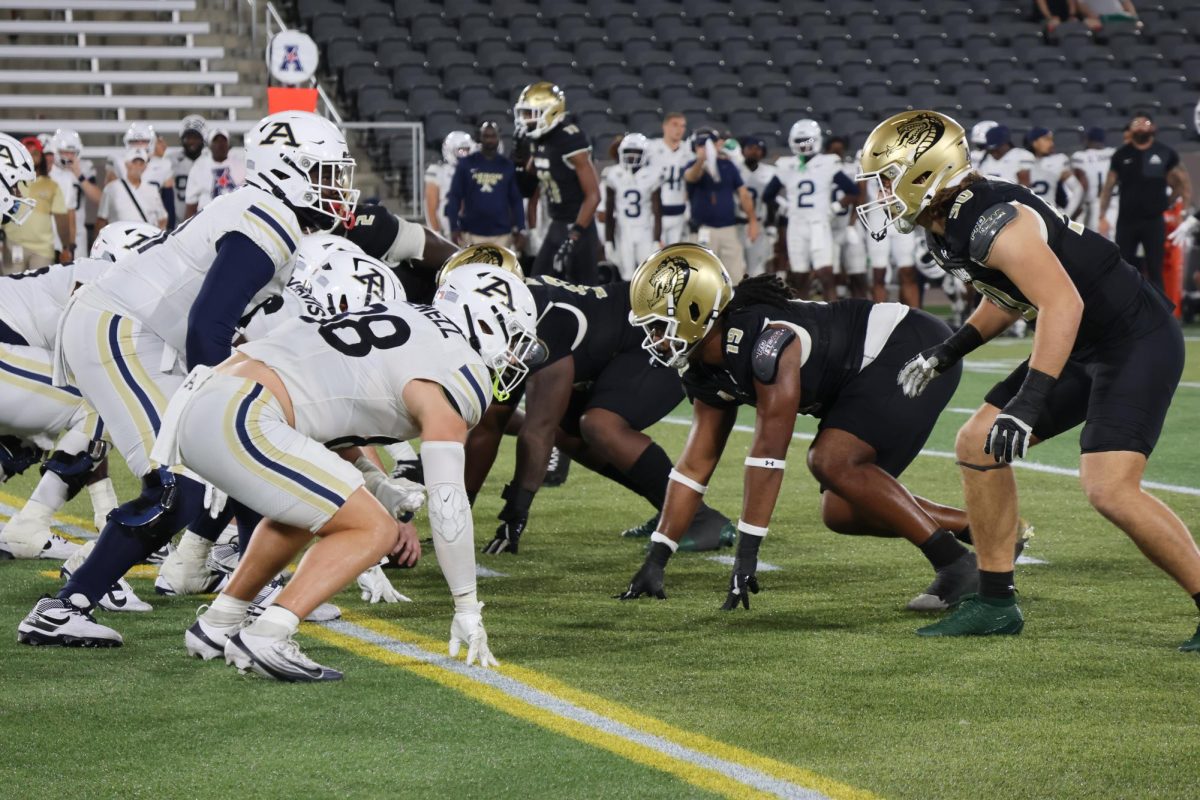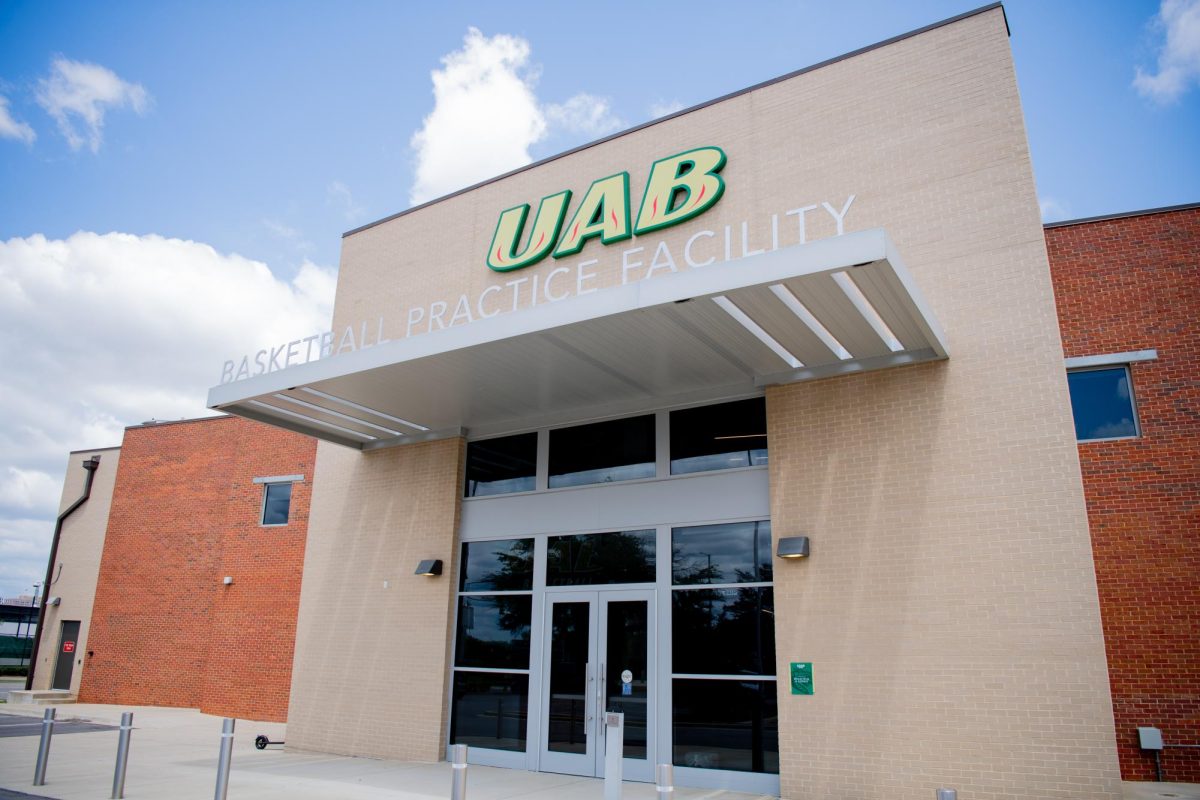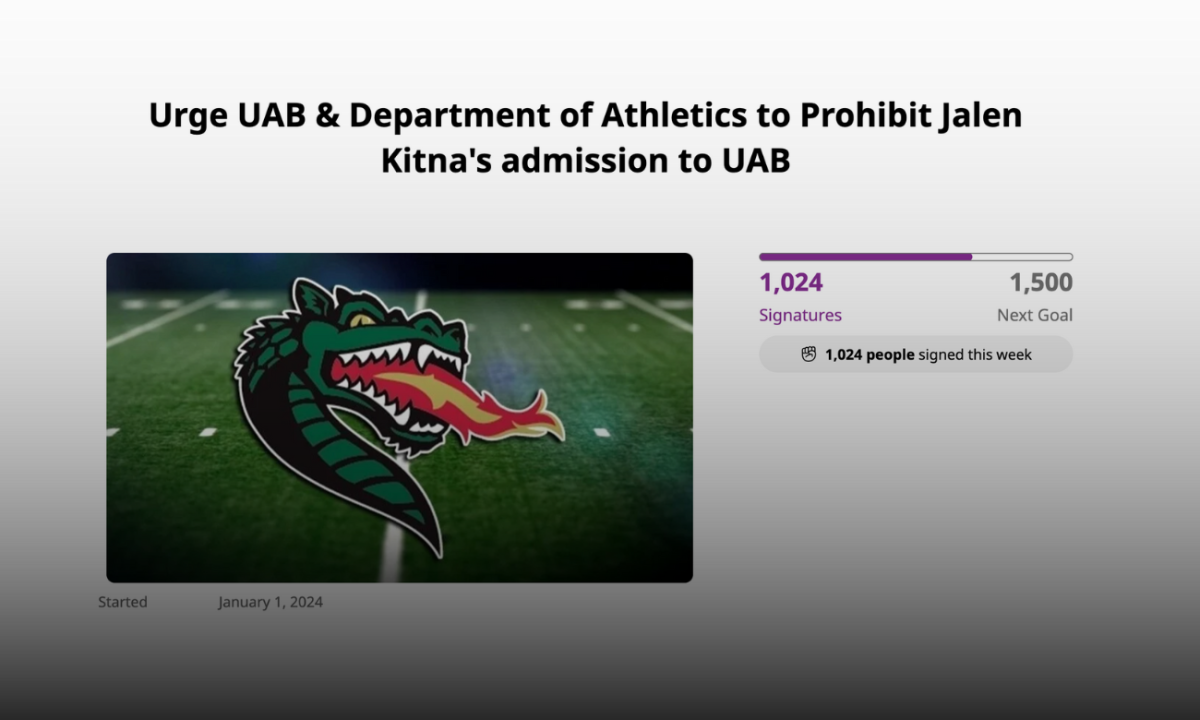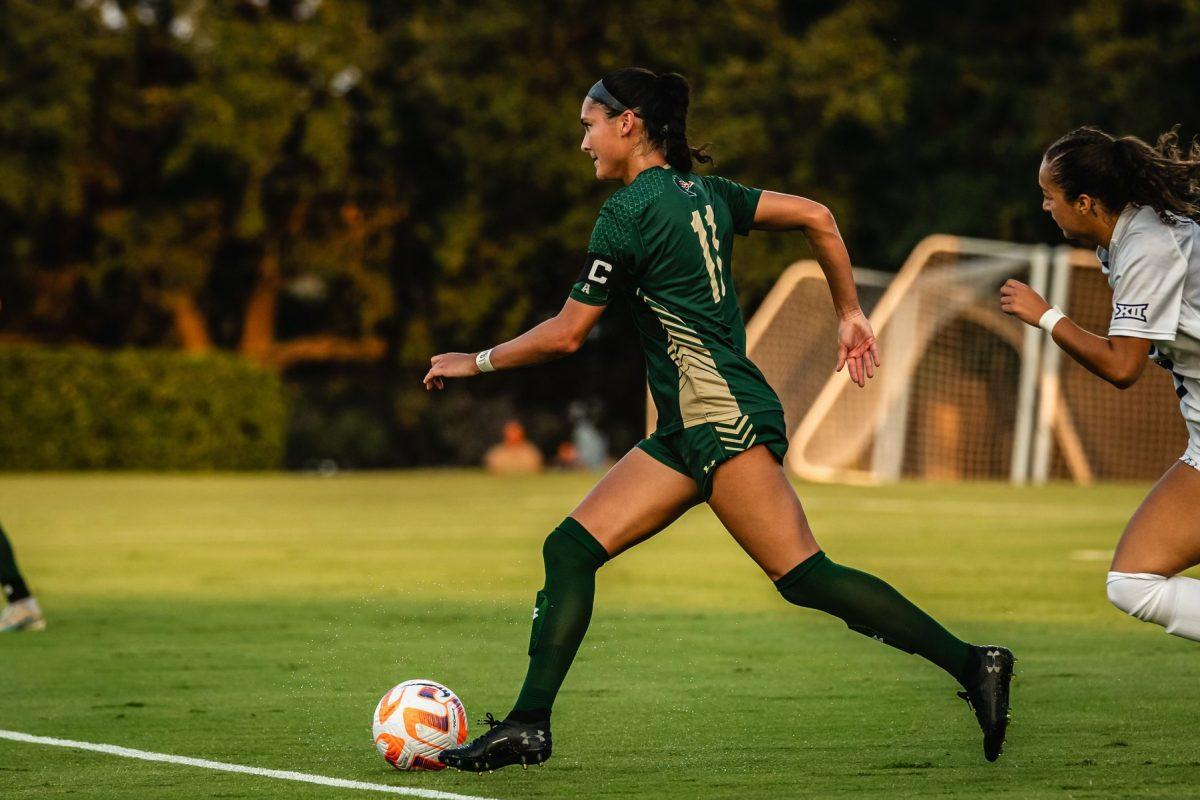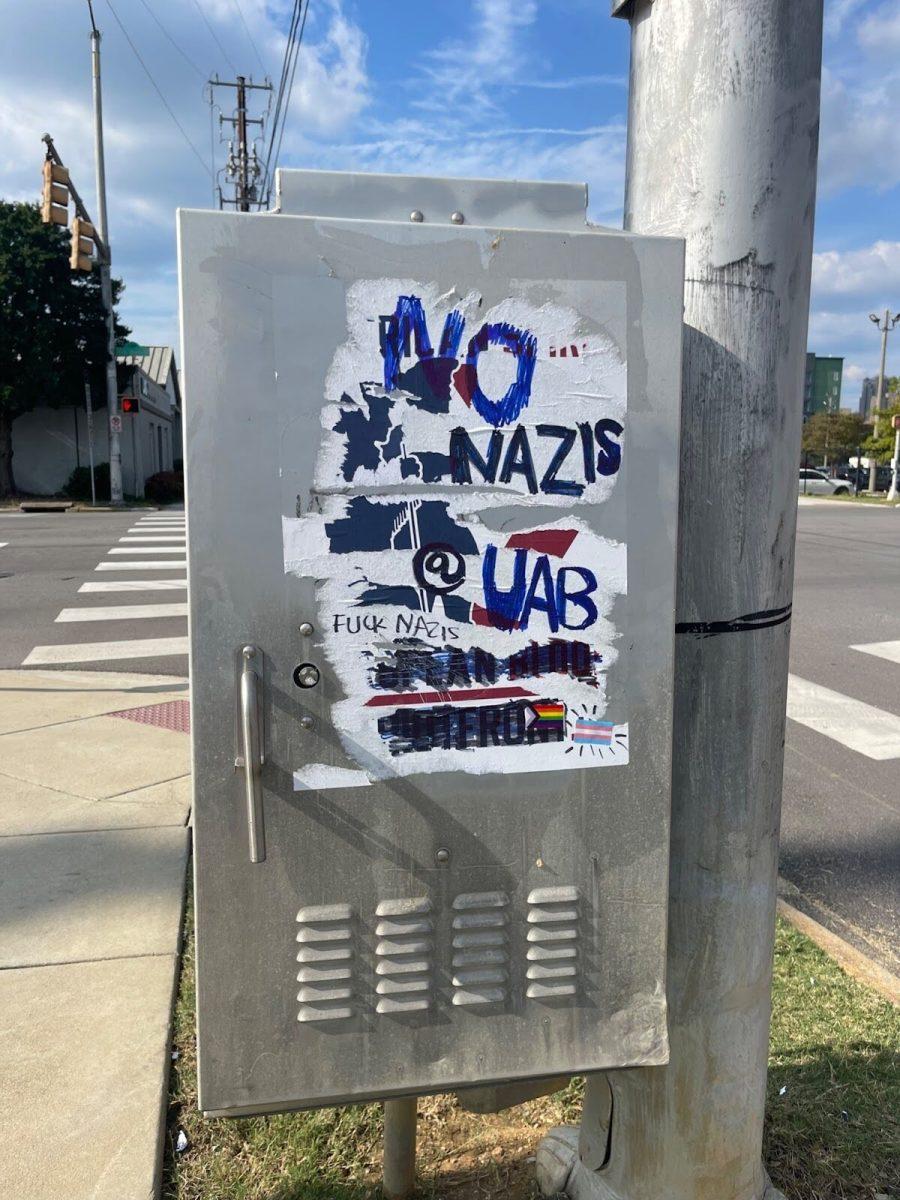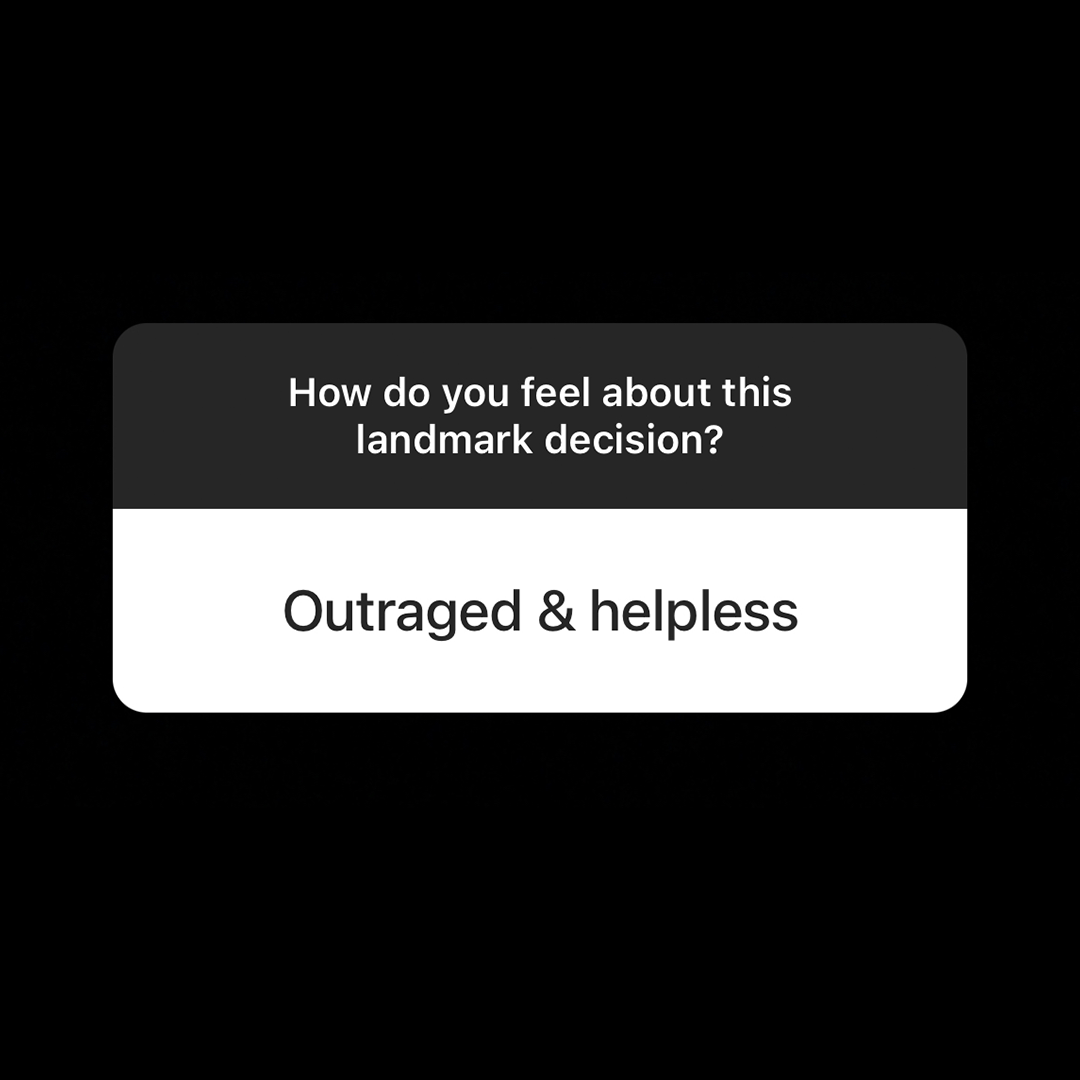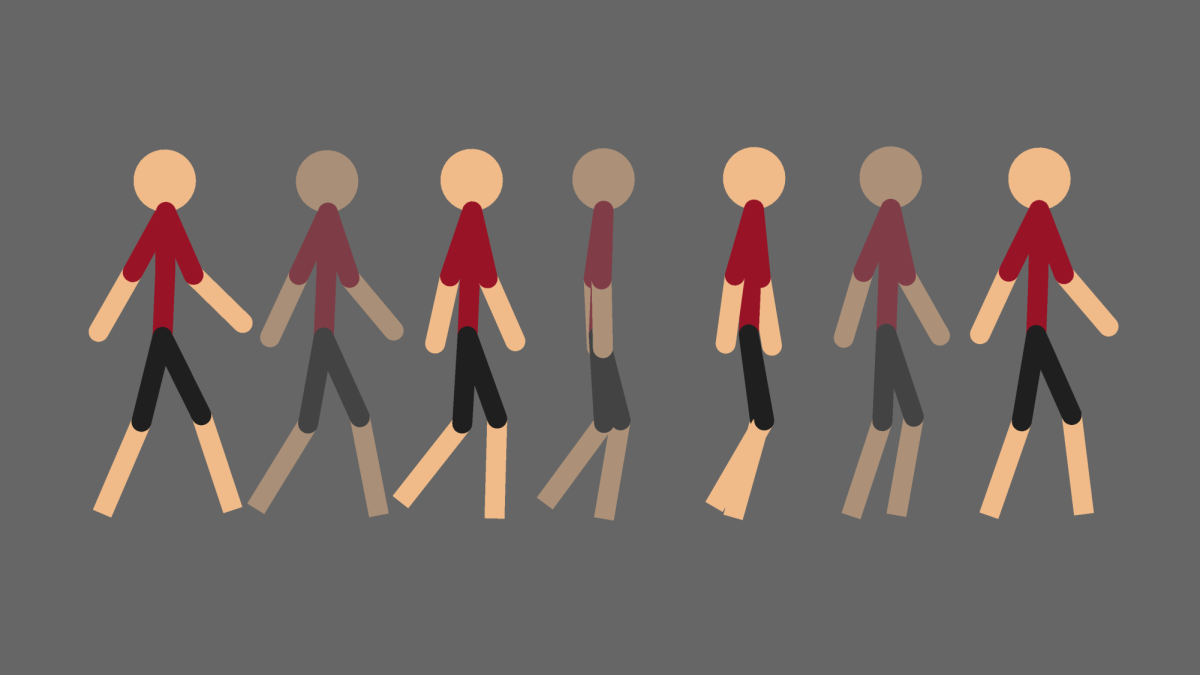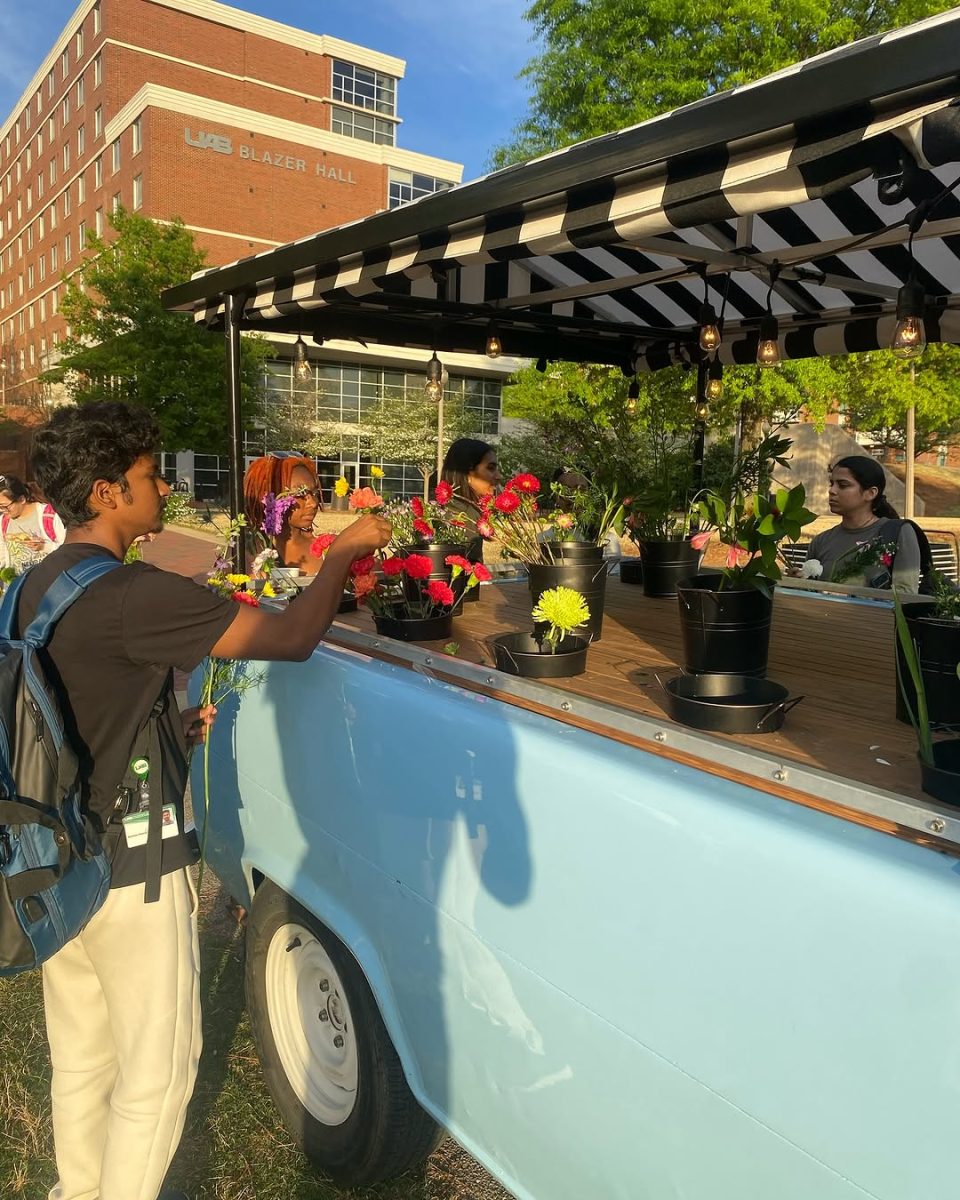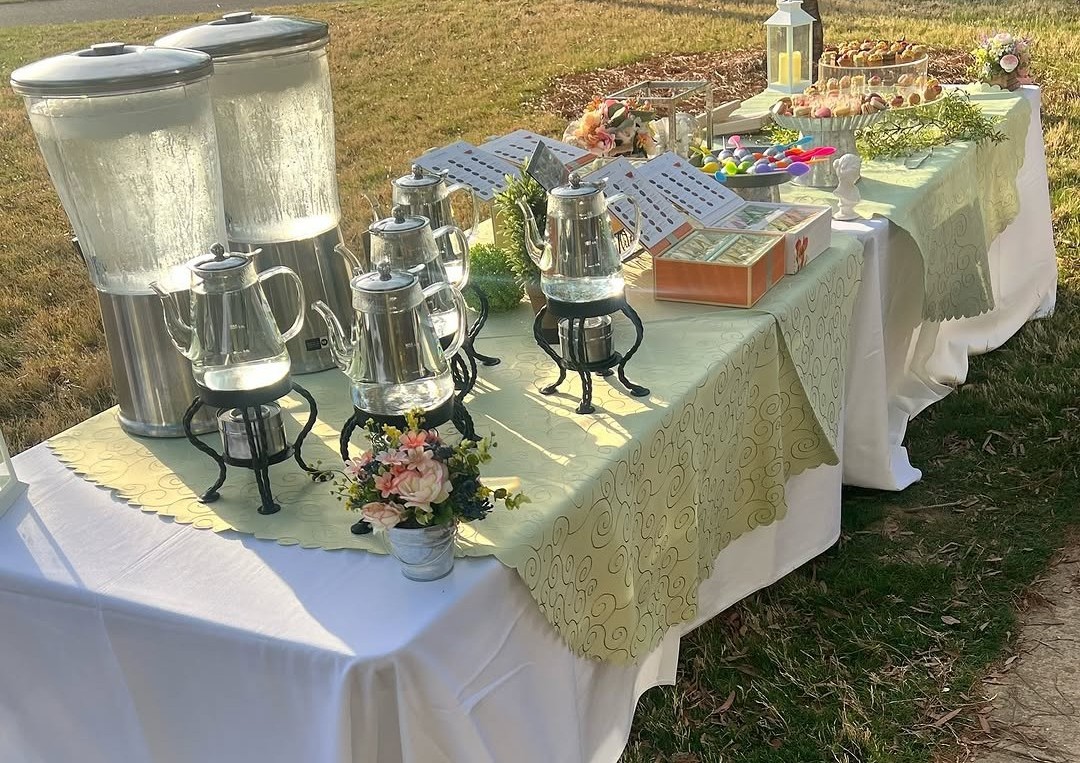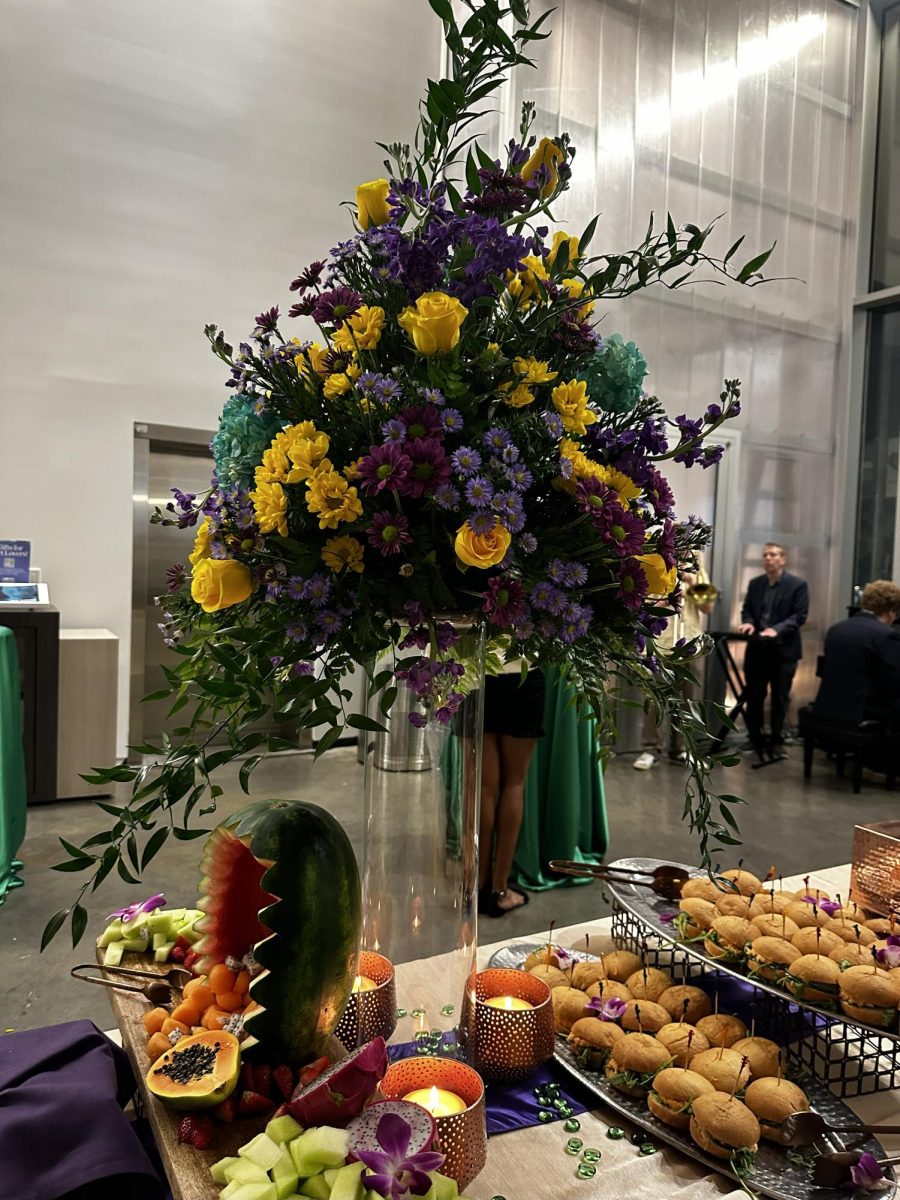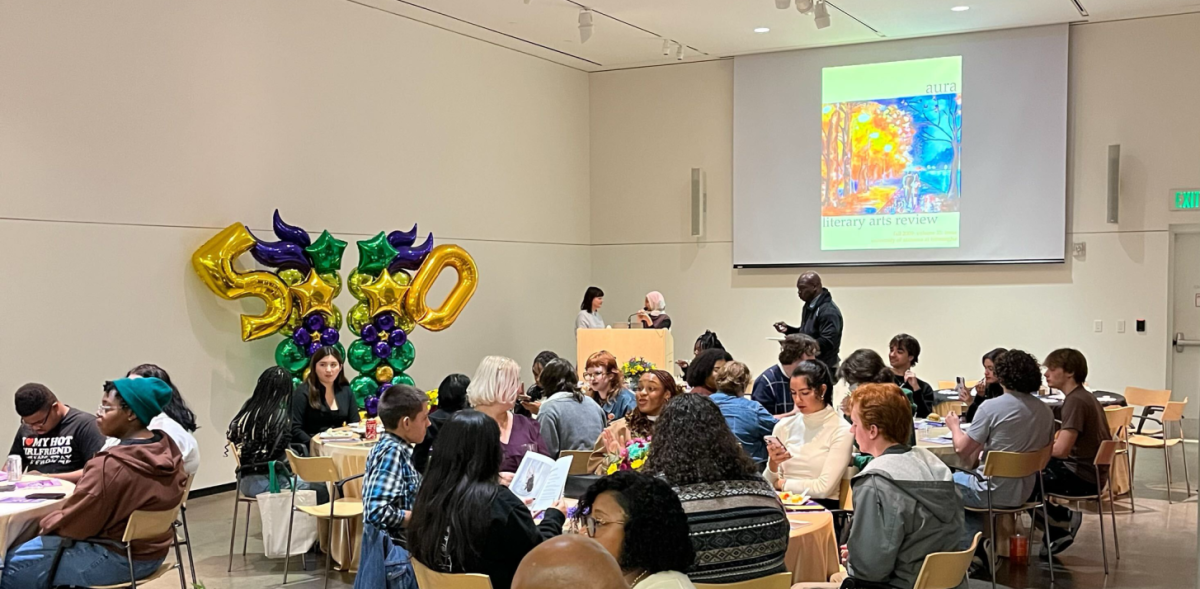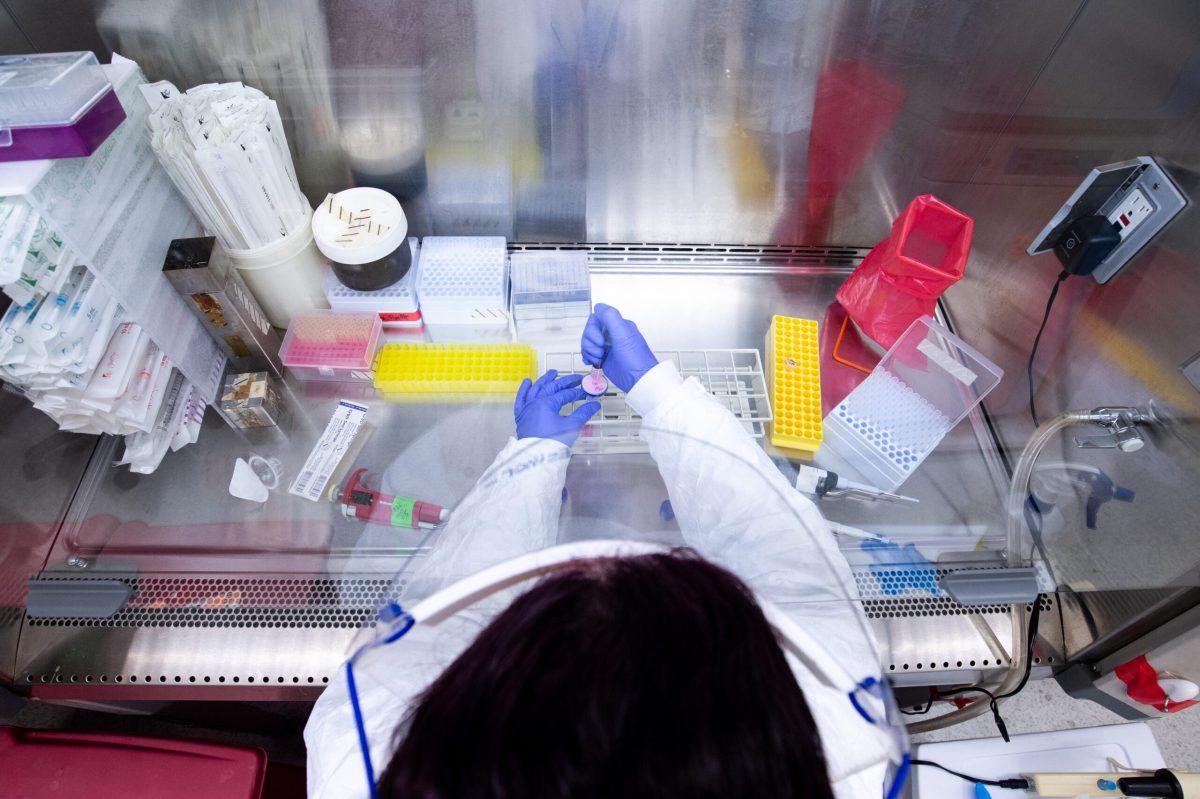Over the last several months, UAB researchers have worked tirelessly in their efforts to get closer to vaccines and therapeutics for COVID-19.
Frances Lund, Ph.D. and Professor in the Department of Microbiology, has been collaborating with AltaImmune, Inc. on a COVID intranasal vaccine candidate. Lund has worked on local immune responses in the respiratory tract for a long time with thorough knowledge of response properties and methods to measure them.
“When we got the vaccine, we tested it in animals and tested the mucosal response to demonstrate that the animals got mucosal protection. We used that data to have FDA use that as evidence to go forward with a clinical trial,” Lund said. “The Altaimmune vaccine is the only one, to date, that is going into clinical trials and will be delivered through the intranasal route.”
In clinical studies, individuals are given the new COVID vaccine and there is a wait to see if they get naturally infected with COVID. Large neighborhood studies have to be done, which can be time-consuming. It is more appropriate to test in animals before going to people to observe whether a vaccine candidate will actually elicit an immune response.
“In animals, challenge studies can be done where a vaccine can be given and then challenged with the virus to see if the animal is protected,” said Lund. “This can not be done in humans, but it is an important part of the process to demonstrate efficacy and can be done more quickly in animals than try in humans.”
Since the virus is primarily transmitted through air droplets, the local immunity in the nose provided by the intranasal vaccine stops the virus from replicating in the upper respiratory tract. It has the potential to not only protect the person who has been vaccinated, but also prevents the transmission to others the person encounters.
“The intranasal vaccine doesn’t require a needle for delivery,” Lund said. “This makes it easier to administer and has the added benefit that people who are afraid of needles don’t have to get a shot.”
Lund emphasized the importance of basic science in setting the groundwork for new treatments today, whether vaccines or drugs.
“What has become really evident in this current pandemic is how quickly it is now possible to take basic science findings and convert them to things that can have real impact on someone’s health,” said Lund. “It wouldn’t have been possible to get the vaccine to the point of being ready to start distributing to people in the next few months without all the foundational science being built before.”
Dr. Nathan Erdmann, assistant professor in the UAB Division of Infectious Diseases, has been immersed in COVID-19 clinical trials.
“Right now, we have three trials actively enrolling, seven or eight that have enrolled at different times all from the inpatient population, and a handful from outpatient as well,” Erdmann said.
ACTT was one of the first trials and was the foundation for setting up the Remdesivir trial, which started in late February.
“Looking at Remdesivir specifically, it was a randomized, blinded, placebo-controlled study, which they’re intense to run anyway, but particularly during a developing pandemic,” Erdmann said. “Some of the other studies nationwide were able to enroll more robust, larger numbers, but they didn’t have all of the built in controls so that the data that we get out, all of it has relevance, but it is harder to compare.”
This antiviral was FDA approved in October and is the first therapy specifically targeting the virus.
As of last week, there was an emergency use authorization of a second drug in the ACTT study: Baricitinib. It looks at certain cytokines and it is predicted that the drug is cleaner than steroids but comes with its own risks.
“That’s the next trial we are getting ready to enroll in starting next week,” Erdmann said. “We’ll be comparing these steroids versus this other drug. And then finally we just finished enrolling for a medicine where we added another antiviral onto Remdesivir.”
These results will be released in January.
Erdmann has collected 500 to 600 sets of blood from hospitalized patients and hundreds of other people at home on the outpatient side. The team has also been collecting urine, respiratory samples, and saliva samples since the beginning.
“Everything is really hard during a pandemic,” Erdmann said. “It’s just been trying to balance our previous lives and pandemic lives and trying to predict where this was going to be in a few months.”
It is highly important for studies to enroll diverse populations so that vaccines and treatments are assessed across all instead of a biased one.
“We have been pretty meaningful in some of these larger network studies because we have been able to routinely recruit those from poorly limited populations, specifically African Americans,” Erdmann said.
There are so many factors that cause this population to be disproportionately affected by COVID.
“We have people that are more exposed because they are less likely to have food delivered or less likely to have their family quarantine from each other,” Erdmann said. “Some people are more likely to be deemed essential workers, and then there are genetic predispositions on top of that.”
Overcoming this on the inpatient side is straightforward but for outpatient studies, getting them referred and having them be trusting in the process to participate is a challenge, he said. Much thought and effort is being made to try to improve this, with some protocols steering enrollment towards certain groups.
Although hesitation to get the vaccine once available exists, Erdmann said that testing has shown the vaccine to be safe and efficacious. He also acknowledged all at UAB for doing their part and following safety measures.
“I routinely see people wearing their masks and it’s not hard to go on social media and see places where that is not the case, so I think that speaks to the relation between the hospital side of campus and the undergraduates and student body,” Erdmann said.

